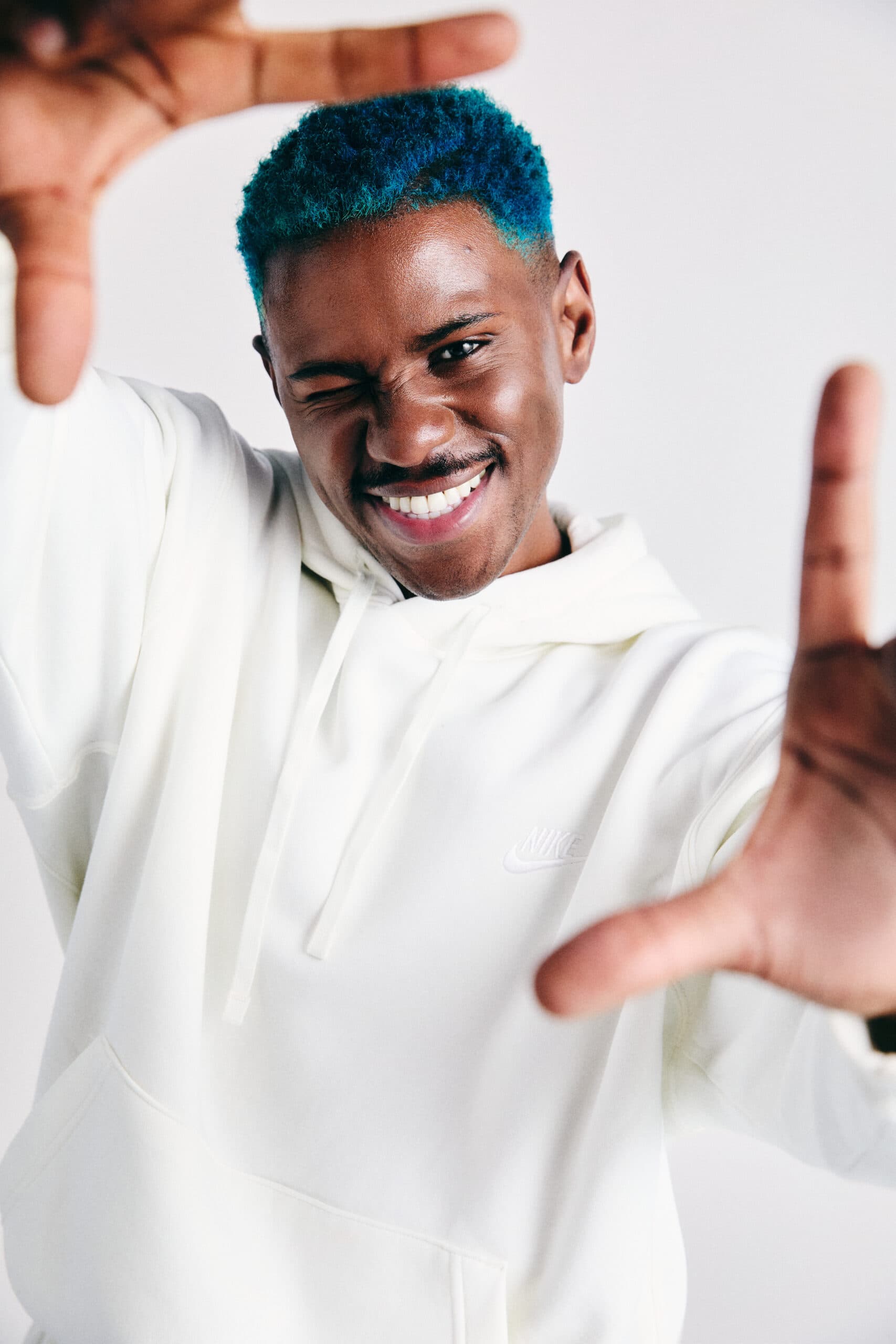
Closing the gender activity gap takes teamwork. Our blogs offer a space for others to share valuable insights and perspectives on engaging girls in PE, beyond lessons.
This blog is authored by Disability Sports Coach, experts in disability inclusion in sport.
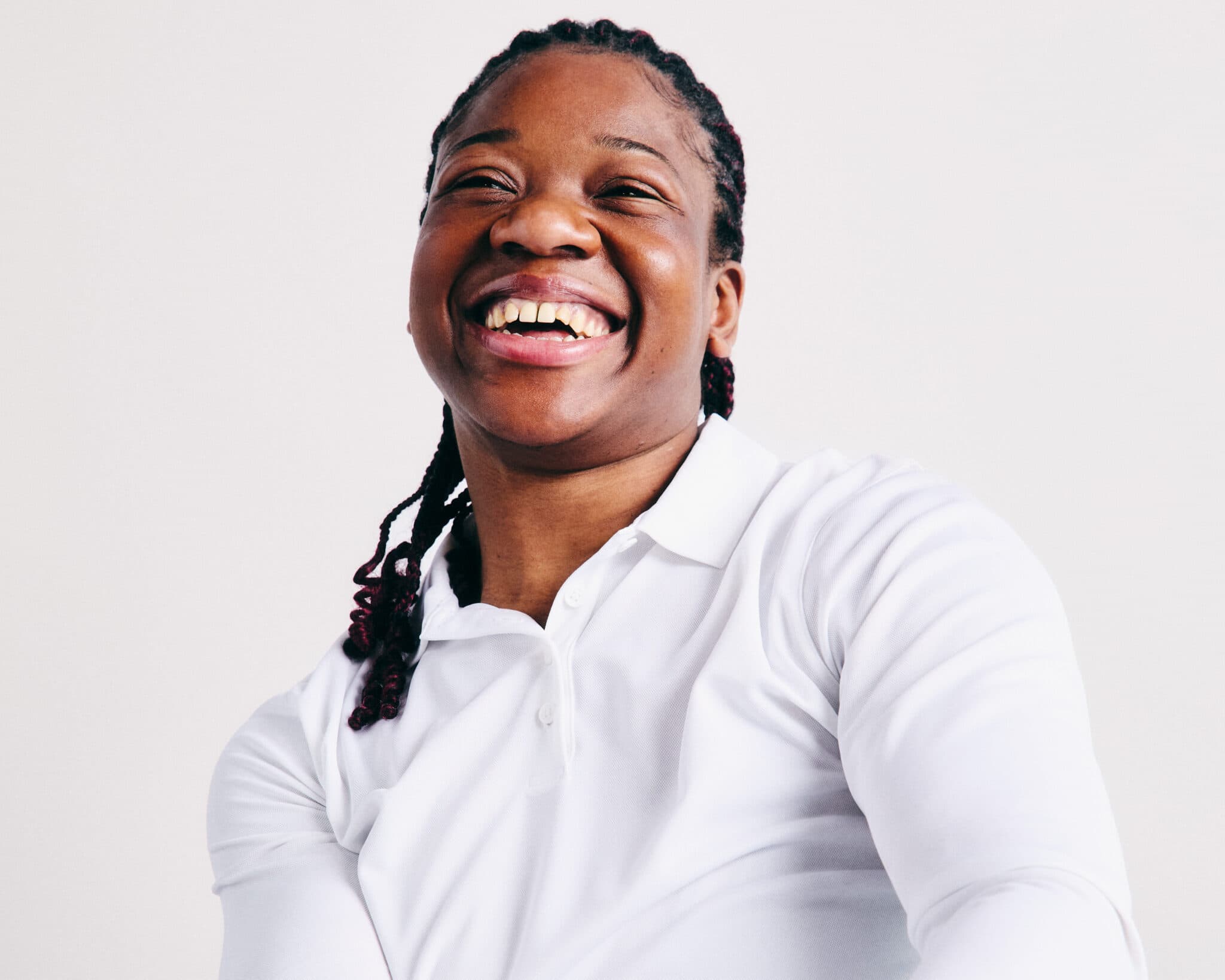
At Disability Sports Coach we use the unique power of inclusive sport to enhance the lives of disabled people. Our sessions are led by disabled people, for disabled people.
We all know the immense influence physical education (PE) in school can have on building a positive relationship with exercise and movement. But for many disabled girls, movement can feel out of reach. A lack of accessible opportunities, negative attitudes towards participation and limited education on creating supportive and inclusive environments can contribute to a dissatisfaction with PE. At Disability Sports Coach, we’ve found that often it’s not the activity itself that’s the barrier, but the way it’s communicated. Many girls – especially disabled girls – can fall out of love with movement when it is framed as competitive, performance-based, or one-size-fits-all. That’s why we’re proud to collaborate with Studio You – a platform that champions inclusive, non-competitive movement and supports teachers in helping every girl find what moves her.
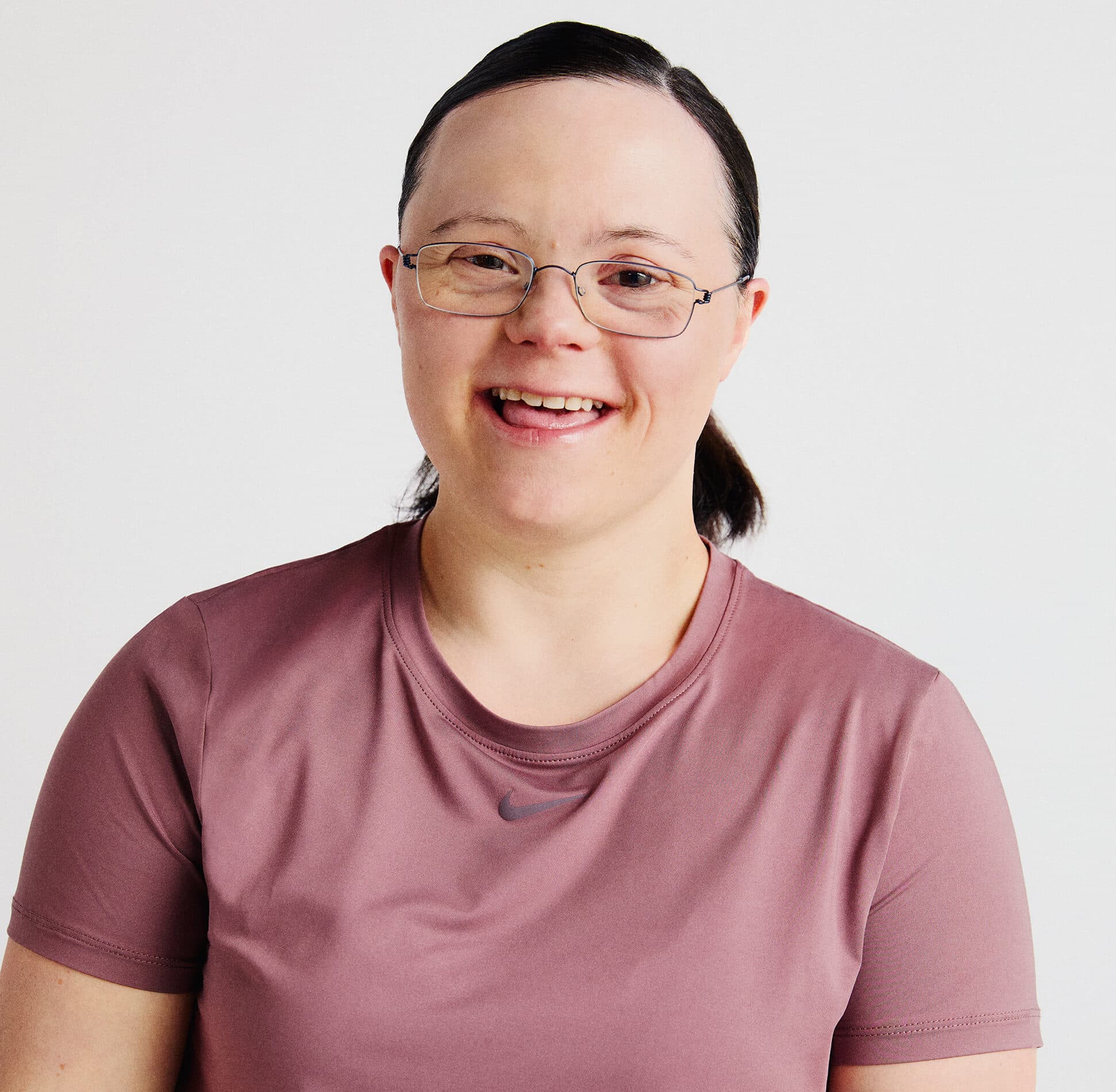
At the end of a disability inclusive lesson, you want to see happy, smiling faces. That kind of immediate feedback ensures your participants were not only engaged but have enjoyed the session.
Inclusion doesn’t mean lowering expectations; it’s about broadening our understanding of what movement truly looks like. That could mean seated dance sessions, sensory-friendly spaces, strength exercises in their own way or at their own pace. It could mean asking students how they want to move and building from there.
You can find Disability Sport Coach trainers throughout the Studio You x Nike video lessons; specifically in the Yoga, Dance and Strength Training sessions. These videos are a fantastic way for teachers to integrate adaptive movements into the classroom, as the inclusion of Disability Sports Coaches can help other children go at their own pace and feel empowered to participate. We’ve seen how powerful it is when disabled girls are given space to move on their own terms; we’re so proud to help make that possible for even more girls by being a part of Studio You x Nike.
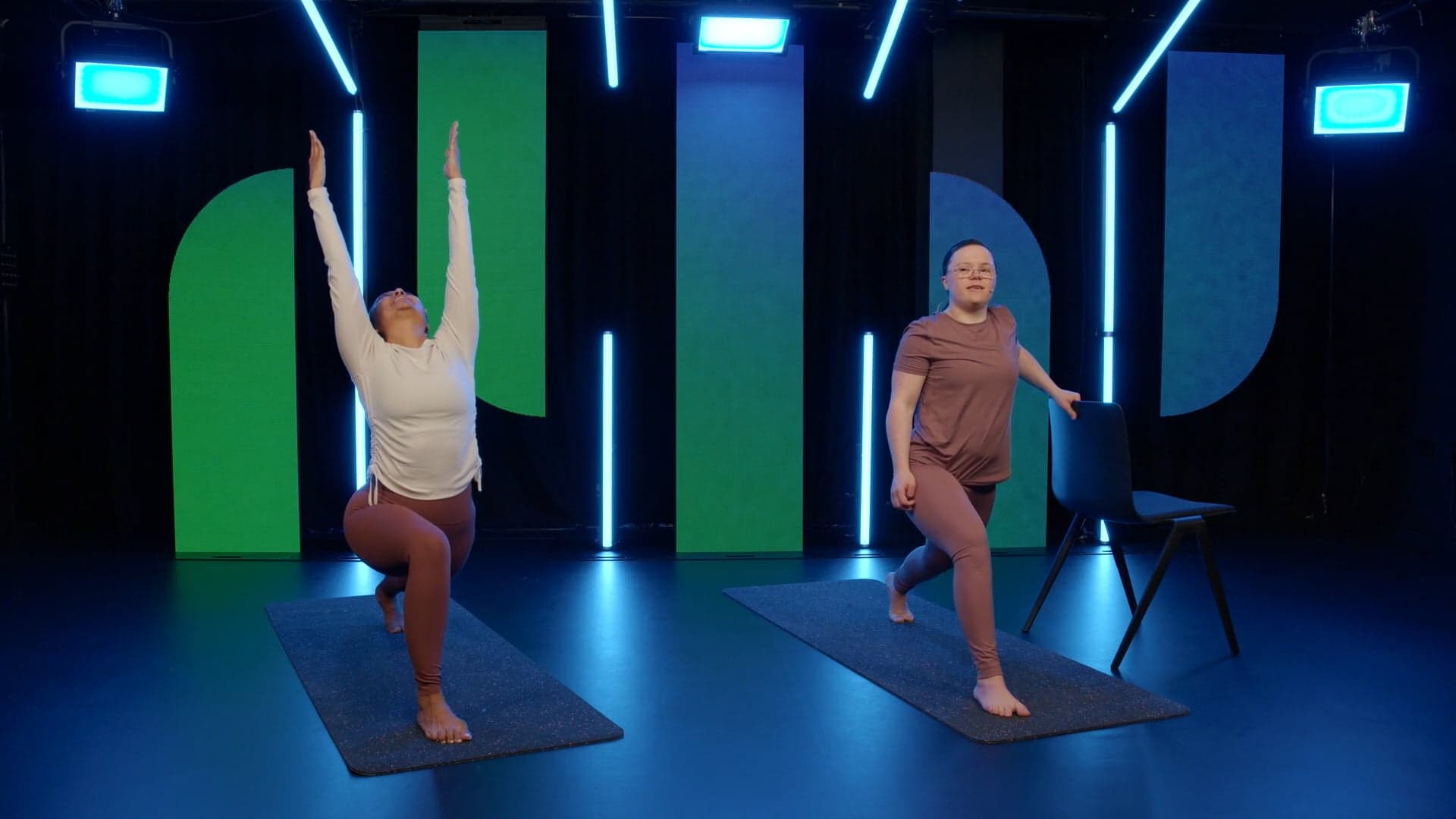
We use a couple of methods to guide our Disability Sports Coach-run sessions; why not try these in your own class:
T.E.D – Tell, Explain, Demonstrate
- T = Tell = Provide a clear, simple instruction. (eg, Hold the ball at chest height, step forward and push it straight to your teammate.)
- E = Explain= Explain why each step matters, building understanding. (eg, This helps you pass quickly and accurately.)
- D = Demonstrate= physically show the process (eg, Show the pass, can use verbal cues while demonstrating.)
Having a clear, simple objective taught through the TED method helps communicate effectively and gives students space to ask questions and engage with their learning. TED also gives participants space to ask questions or seek clarification regarding their learning.
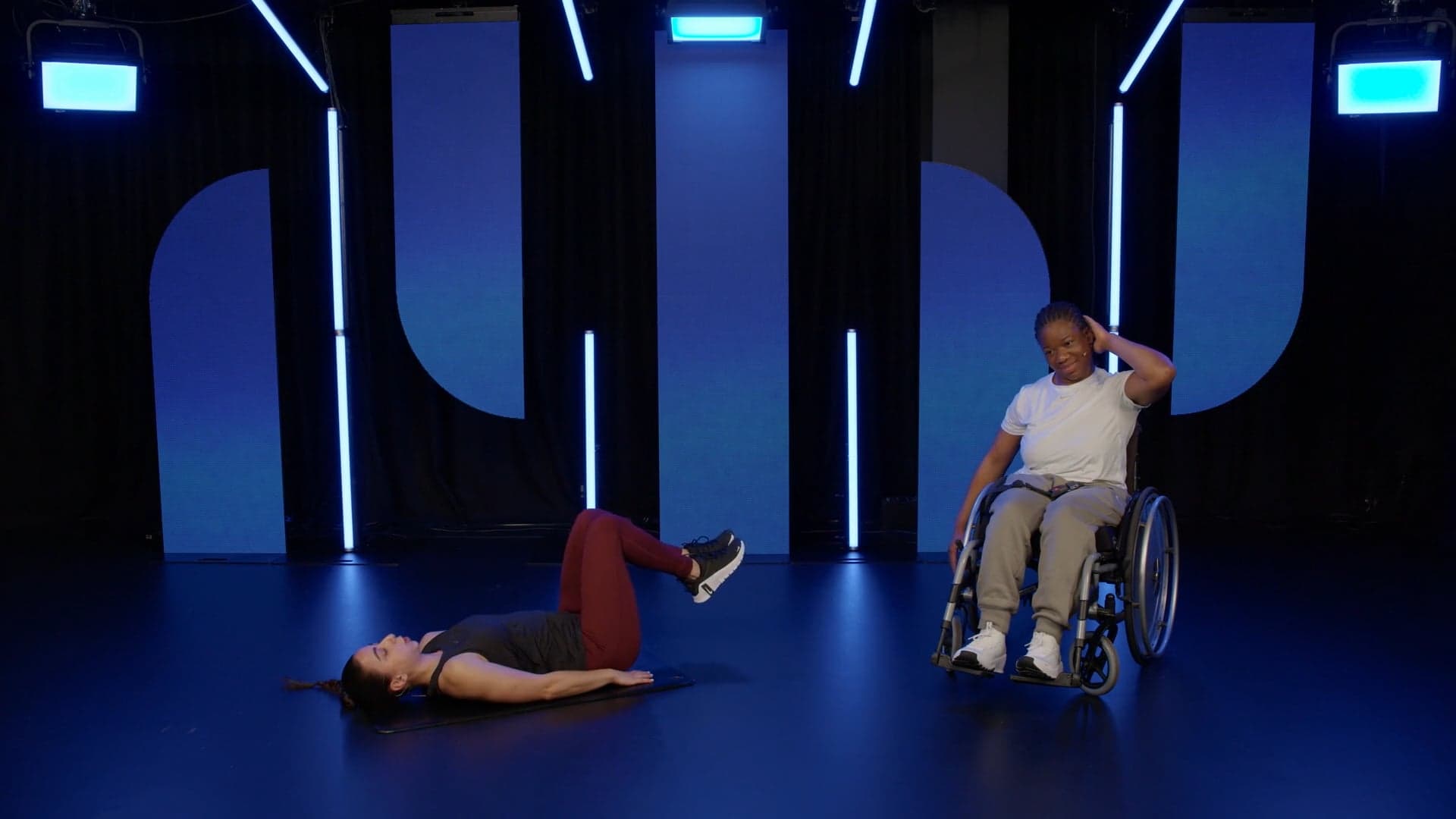
STEP – Space, Task, Equipment and People
- S = Space= Change the physical area of the activity (eg, making it larger or smaller, to increase or decrease the challenge.)
- T = Task = Modify the rules or objectives of the activity (eg, changing the number of players, adding a new goal, or changing the scoring.)
- E = Equipment= Adapt the equipment used (eg, use different sizes, colours, or types of balls.)
- P = People= Change the number of people involved, their roles, or how they interact with each other (eg, adding or removing a player, partner work or using volunteers.)
The STEP principle is fundamental in making a lesson inclusive. STEP supports the teacher to make low effort changes that will allow all students to fully engage in the session. An example could be a participant needing a different piece of equipment to strike an object or introducing a new rule, so everyone is involved. STEP helps build confidence in learners that every PE lesson can be adapted to fit the learner, not the other round.
Authored by Marie Kasambalis (Workforce Development Officer) & Hannah Paton (Senior Partnerships Officer).

Our collection of easy-to-digest lessons give girls choice and variety, with a range of disciplines and intensity levels so that students can go at their own pace and recognise progress over time.